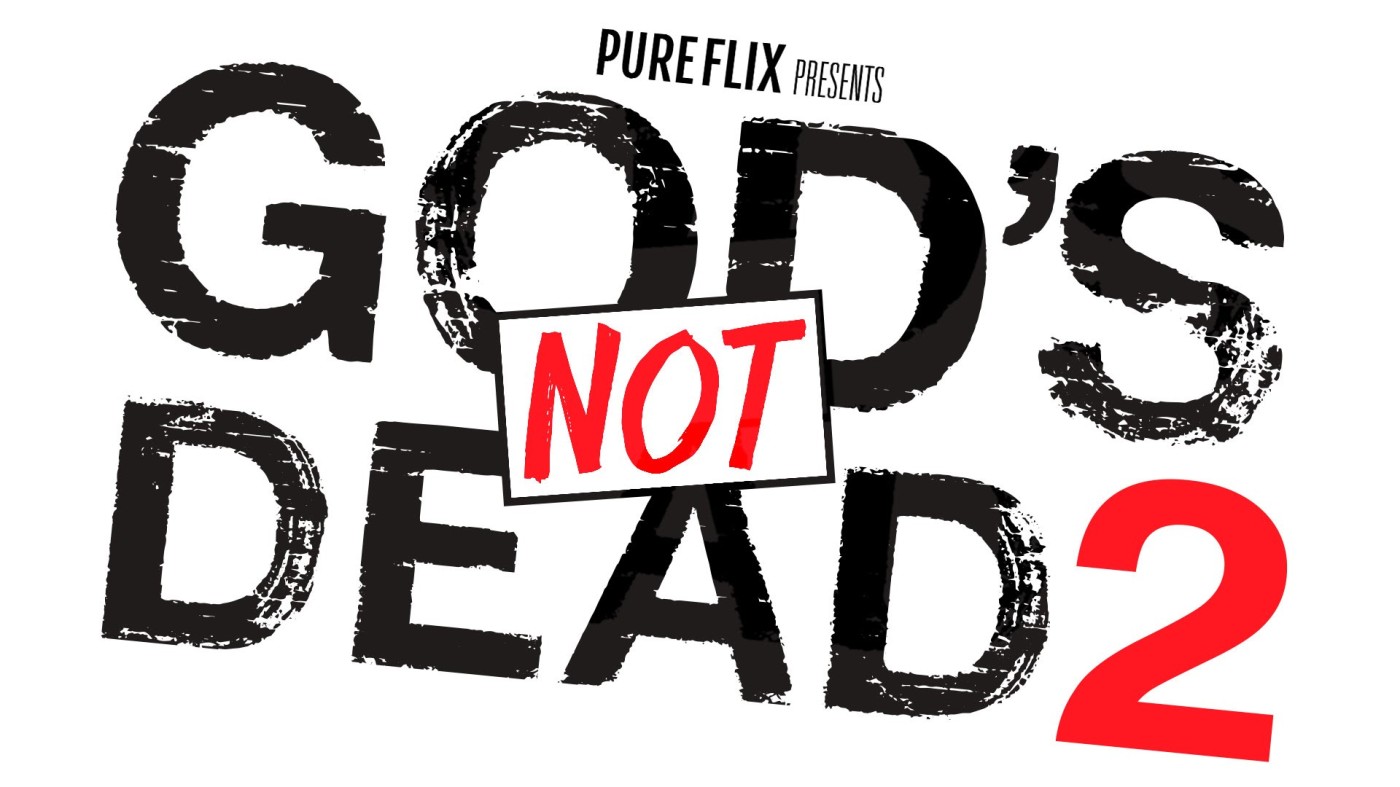I recently read an article about how, in Portland, the school district banned a certain genre of music because it wanted to keep students from lyrics that contained religious teaching and lyrics that were violent.
In response, I want to address the issue of religious teaching in our schools. I remember watching “God’s not dead 2” where a teacher was placed on trial for answering a question. I made the remark during the movie, “Well, this cannot happen in our country right now because the law protects students and gives teachers the opportunity to honestly answer questions.” Then I read about this school district in Oregon that banned a genre of music for the purpose of limiting “religious teaching.”
For a moment, I want to consider what it actually means to have a religious teaching in any setting. Religious teaching is not teaching about religion. Teaching about religion is wholly allowed and wholly tolerated by the government. A teacher’s freedom to teach about religion is wholly protected by law. Somehow we have gotten into this false belief that teaching about religion in any manner is illegal in the Public School System when quite the opposite is true. Here is a quote from the ACLU:
Students may be taught about religion, but public schools may not teach religion. As the U.S. Supreme Court has repeatedly said, “[i]t might well be said that one’s education is not complete without a study of comparative religion, or the history of religion and its relationship to the advancement of civilization.” It would be difficult to teach art, music, literature and most social studies without considering religious influences.
The history of religion, comparative religion, the Bible (or other scripture)-as-literature (either as a separate course or within some other existing course), are all permissible public school subjects. It is both permissible and desirable to teach objectively about the role of religion in the history of the United States and other countries. One can teach that the Pilgrims came to this country with a particular religious vision, that Catholics and others have been subject to persecution or that many of those participating in the abolitionist, women’s suffrage and civil rights movements had religious motivations.[1]
Other things protected by law are a student’s right to practice religion individually or in a group. Students even have the right to hand out material and pass along information about their religion. I might encourage those reading to click the link at the bottom of this article and see what rights you actually do have in a public school. Public schools are then a free forum to discuss and talk about religion for students and a place where teachers do have the freedom to teach about religion and answer questions honestly. Religious texts are even approved to be used as literature in a course according to the law. For some reason, Christians have made an enemy out of the public school system when the only thing that has been done, according to the law, is protections have been put in place to keep teachers from forcing their beliefs onto their students. This seems to actually be a good thing when it is not extruded to mean something that it does not.
Religious teaching, then, is the subjective teaching of personal beliefs. “I believe that Jesus is God’s Son,” is a religious teaching. “Jesus died to forgive all sin,” is also a religious teaching. “Sex before marriage is wrong,” is a religious teaching, as is, “Violence is wrong.”
Religious teaching in this case is teaching concerning spirituality and morality. According to the law, it is illegal for teachers or school administrators for force their morality and their spirituality onto students. Here is what strikes me as odd: school systems are allowed to form and maintain a set of rules and a code of conduct for students. If morality is something that cannot be taught by teachers and administrators in public schools, what makes it okay for schools to actually have a set of rules? To have a rule is to say that there is a correct way to behave. To say that there is a correct way to behave is to declare some moral. Declaring a moral is to teach. Every moral standard is built upon some sort of ethic (which is a belief system answering why something is right or wrong). Ethics, ultimately, are based in religion.
No matter what a school does, religion is always going to be a part of what it does. In fact, with the push for gender equality in public schools I might point this out: Equality is entirely a Judeo-Christian idea and a concept that roots itself entirely in a Judeo-Christian worldview and religion. Non-equality is an idea that is based entirely in most other religious faiths, particularly social Darwinism in our current context. Schools want equality, but they don’t want religion: this is impossible. I might also mention that free-thought is also entirely a religious idea rooted in the Judeo-Christian worldview and most others promote strict indoctrination. Religion is not the enemy of the Public School system, just as the Public School system is not the enemy of religion. In fact, the public school system must be religious to some degree. It is not something that can possibly be banned because it is always present, whether seen or unseen.
[1] https://www.aclu.org/joint-statement-current-law-religion-public-schools

Leave a Reply